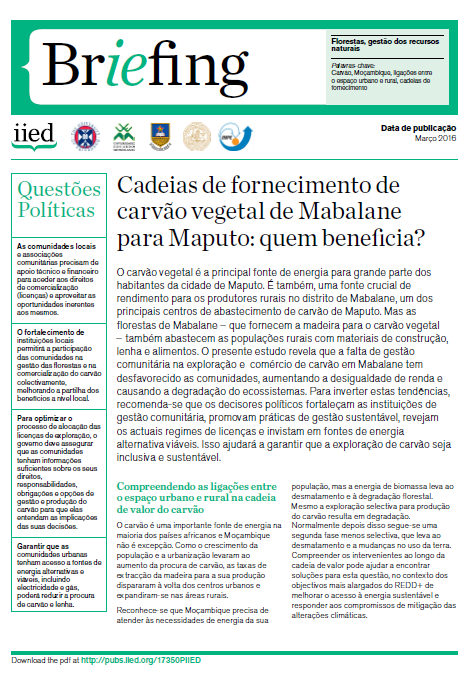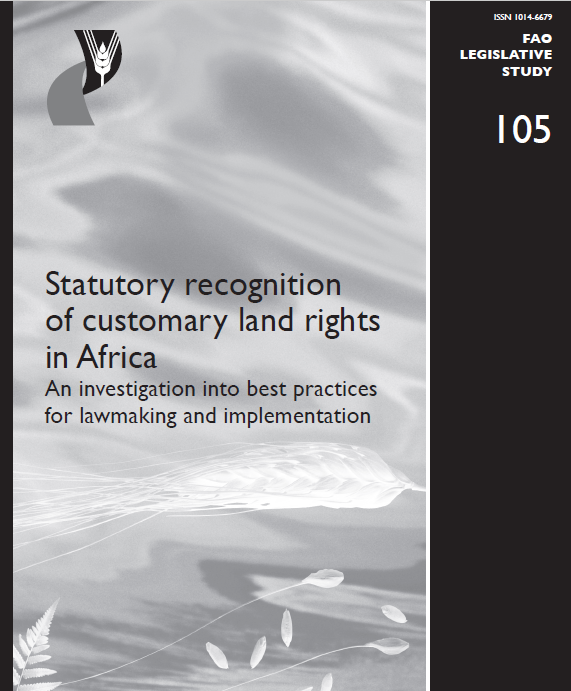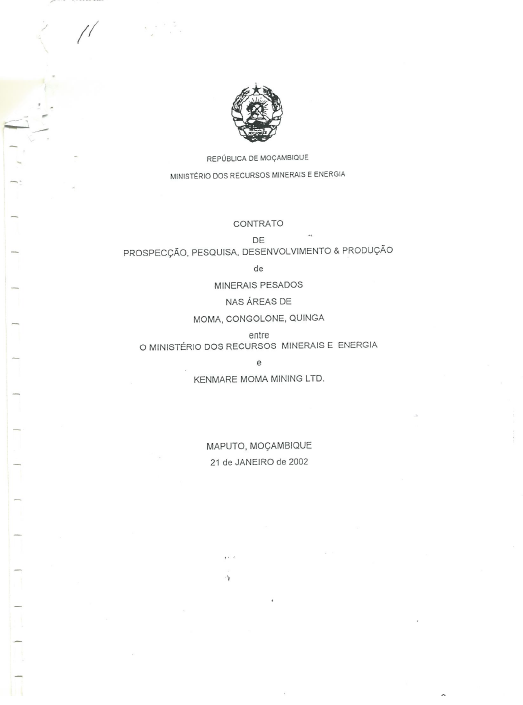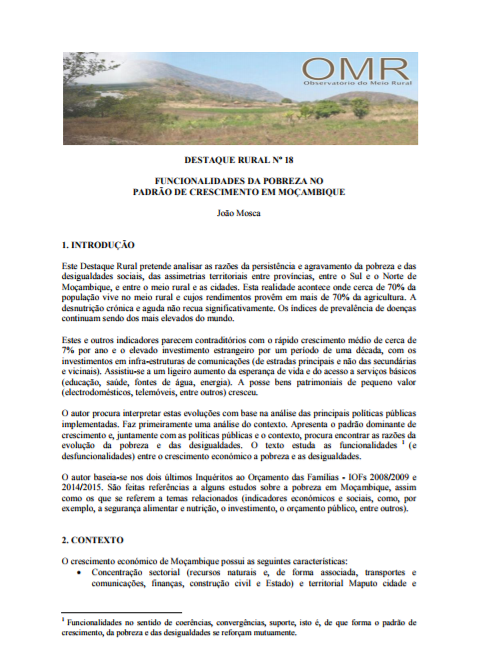Cadeias de fornecimento de carvão vegetal de Mabalane para Maputo: quem beneficia?
O carvão vegetal é a principal fonte de energia para grande parte dos habitantes da cidade de Maputo. É também, uma fonte crucial de rendimento para os produtores rurais no distrito de Mabalane, um dos principais centros de abastecimento de carvão de Maputo. Mas as florestas de Mabalane – que fornecem a madeira para o carvão vegetal – também abastecem as populações rurais com materiais de construção, lenha e alimentos.











